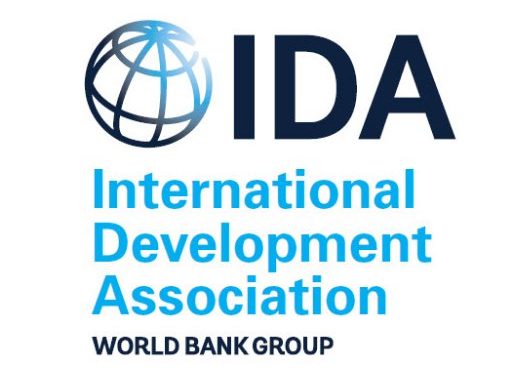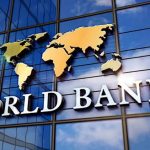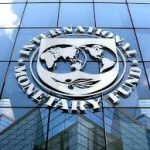Nigeria has risen to become the third largest debtor to the World Bank’s International Development Association (IDA) as of June 30, 2024, reflecting a significant increase in the country’s borrowing under President Bola Tinubu’s administration.
According to the World Bank’s latest financial statements, Nigeria’s debt to the IDA grew by 14.4%, increasing from $14.3 billion in the fiscal year (FY) 2023 to $16.5 billion in FY2024. This $2.2 billion rise in borrowing has moved Nigeria from the fourth-largest IDA debtor in 2023 to the third-largest in 2024.
The fiscal year 2024, which runs from July 2023 to June 2024, saw Nigeria receiving at least $2.2 billion in funds from the World Bank. This period aligns with President Tinubu’s term, highlighting Nigeria’s increasing dependence on international financial assistance amid ongoing economic challenges at home.
Notably, the reported debt pertains solely to the IDA and does not include Nigeria’s obligations to the World Bank’s International Bank for Reconstruction and Development (IBRD).
In comparison to other top IDA borrowers, Bangladesh remains the largest, with its debt increasing from $19.3 billion in 2023 to $20.5 billion in 2024. Pakistan ranks second with a stable debt of $17.9 billion over the same period. India, previously the third-largest debtor, saw its exposure decrease from $17.9 billion in 2023 to $15.9 billion in 2024, allowing Nigeria to surpass it.
Other significant IDA debtors include Ethiopia, whose debt grew from $11.6 billion in 2023 to $12.2 billion in 2024. Kenya and Vietnam both have exposures of $12 billion, while Tanzania, Ghana, and Uganda round out the top ten IDA debtors, collectively accounting for 63% of the IDA’s total exposure as of June 30, 2024.
The IDA is a key arm of the World Bank, offering concessional loans and grants to the world’s poorest nations, intending to promote economic growth, reduce inequality, and improve living conditions in developing regions.
Reports indicate that Nigeria has secured a total of $4.95 billion in loans from the World Bank since President Tinubu took office. However, only about 16% of these loans have been disbursed so far. The World Bank is expected to approve an additional four loan projects for Nigeria this year, potentially adding another $2 billion to the country’s borrowing.
Furthermore, data from Nigeria’s Debt Management Office (DMO) shows that as of March 31, 2024, Nigeria’s total debt to the World Bank stood at $15.59 billion.










